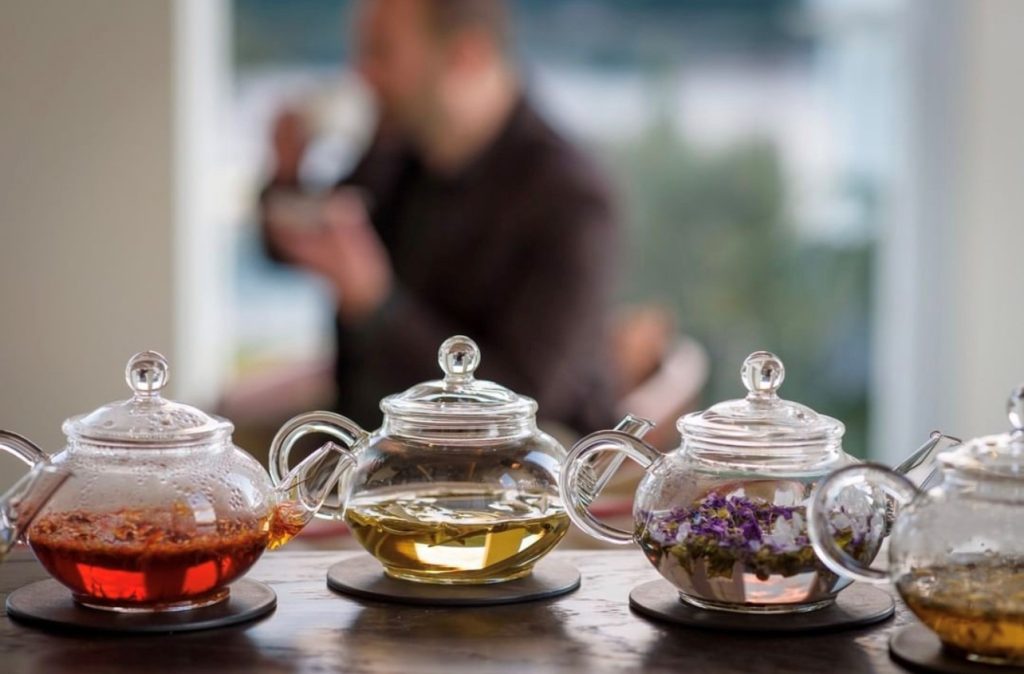A recent survey conducted by The Tea Group has revealed that teapots are not only enduring but are also experiencing a resurgence in popularity among Brits. The survey found that 69.5% of respondents still prefer to use a teapot for their daily brews, with nearly half (46.9%) reaching for one first thing in the morning.
Conducted in anticipation of International Tea Day 2024, which falls on May 21st, the survey involved over 1,300 participants. It discovered that fine bone china remains the preferred choice for teapot enthusiasts, with 60% of respondents opting for this luxurious option. In contrast, 22.5% of tea drinkers chose clay teapots, highlighting a diverse preference for traditional tea-making vessels.
Diaz Ayub, Managing Director and Founder of The Tea Group, expressed delight at the enduring affection for teapots, particularly in a fast-paced world where convenience often prevails. “It’s wonderful to see how many people still adore teapots, especially as the modern lifestyle often prioritises speed,” he noted.
Ayub also reflected on the ritualistic aspect of tea preparation, emphasising its calming and meditative qualities. “There’s something magical about the teapot tea preparation ritual that is calming, meditative, and a perfect way to start the day—a real ‘me time’ moment,” he said.
The survey also indicated a growing trend in the dining sector, with many cafes, restaurants, bars, and hotels incorporating afternoon tea into their menus. This traditional experience, which features an array of sandwiches, scones, and jam, continues to attract customers. The findings demonstrate that the British public is increasingly embracing the teapot as a means to inject a touch of luxury into their lives.
Ayub underscored the significance of the teapot as a symbol of British culture. “Whether you’re chasing a little taste of luxury or some quiet comfort, we truly believe a teapot is perfect for any occasion,” he explained. “International Tea Day is a wonderful opportunity for nations to come together and celebrate their fondness for tea, as well as a vital chance to raise awareness about sustainable tea production and consumption globally.”
The revival of the teapot is also evident on social media, with a notable increase in posts featuring the hashtag #afternoontea. The number of posts rose by 1 million from 2022, reflecting a growing interest in this historic tradition.
Ayub pointed out that while afternoon tea is currently trendy, tea and teapots hold a longstanding significance in British culture. “Tea has been an intrinsic part of everyday life across the world for centuries, serving as a ceremony shared across cultures and generations that brings people together,” he said.
With the pandemic leading to a rise in afternoon tea bookings at hotels, Ayub noted that people are keen to spend quality time together in meaningful ways. “Afternoon tea creates fond memories when shared with those close to you,” he added.
In a bid to give back to women involved in the tea industry, The Tea Group has recently launched The Ladies Tea Collection, pledging to donate 50% of profits to enhance education, healthcare, and sanitary services for women in tea-producing regions.


